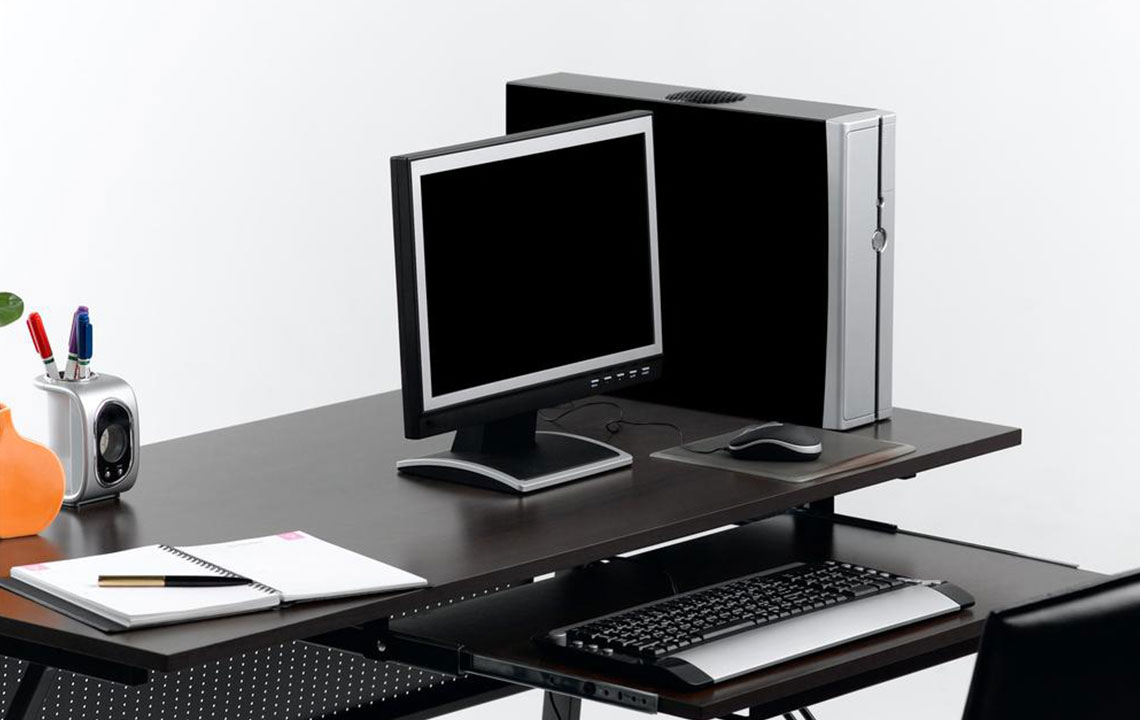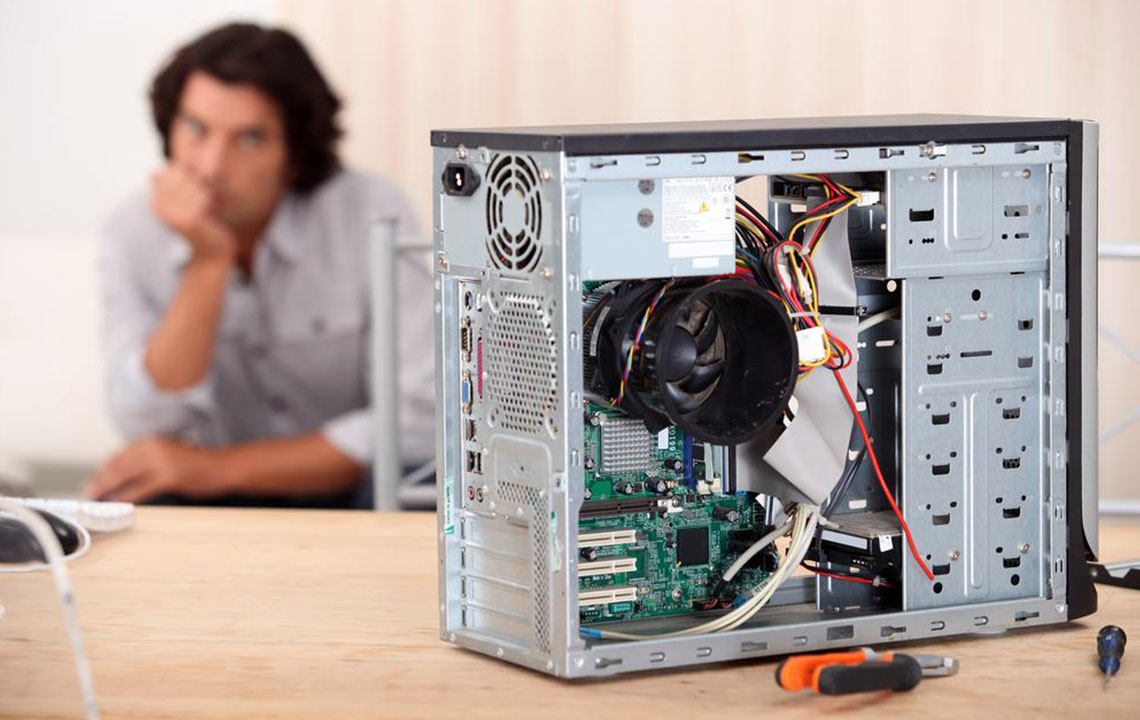Comprehensive Guide to Buying Refurbished Computers: Tips for a Smart Investment
Discover a comprehensive guide to purchasing refurbished computers that guarantees quality and value. Learn how to assess your needs, choose reputable sellers, verify warranties, and select the right accessories. This detailed advice ensures you make a smart and informed investment in affordable, reliable technology that meets your specific requirements, whether for casual use or professional tasks.

Comprehensive Guide to Buying Refurbished Computers: Tips for a Smart Investment
Investing in a computer is a significant decision, especially since it often involves a substantial financial commitment and long-term usage. In today's market, refurbished computers have become increasingly popular due to their affordability and environmental benefits. However, to ensure you make a well-informed purchase that provides both quality and value, it's essential to understand the key factors involved in buying a refurbished device. This detailed guide offers expert advice on how to select the right refurbished computer, what to look for, and how to avoid common pitfalls.
Refurbished computers are typically used devices that have been restored to good working condition through professional repairs and upgrades. These devices often come from previous owners, corporate upgrades, or overstock inventory, and are tested thoroughly to meet manufacturer standards before being resold. Buying refurbished can save you a significant amount of money compared to purchasing brand-new equipment, but it also requires careful scrutiny to ensure reliability and performance. This article provides comprehensive tips to help you navigate the process confidently.
Assess Your Computing Needs: Before you start browsing, clearly define what you need your computer for. Are you seeking a device for basic tasks such as browsing and office work, or do you require a high-performance machine for gaming, video editing, or professional applications? Understanding your primary use case will guide you in selecting specifications like processor speed, RAM, graphics capabilities, storage options, and other features. For instance, a casual user might find a refurbished laptop with a mid-range processor sufficient, while a creative professional may need a higher-end setup.
Choose a Reputable Seller: The importance of purchasing from a trustworthy source cannot be overstated. Authorized refurbishers, manufacturer-certified outlets, and official brand websites offer products that have undergone rigorous testing, repairs, and upgrades to meet quality standards. Avoid purchasing from unknown or unreliable third-party resellers, as they may sell devices that are not properly refurbished or tested. Reading reviews and verifying seller credentials can help ensure you buy from a reputable provider.
Verify Software and Licensing Details: It's crucial to check what software comes pre-installed with the refurbished computer. Confirm whether the device includes a legitimate operating system like Windows or macOS, along with essential applications. Clarify if software licenses are included and transferable, and inquire about the availability of updates and security patches. Proper licensing ensures legal compliance and smoother operation over the device's lifespan.
Warranty and Return Policies: Because refurbished devices can vary in condition, understanding the warranty coverage is vital. Confirm the warranty period offered by the seller—many reputable sources provide at least 90 days, with some offering extended plans. Read the terms carefully to know what is covered, such as repairs for hardware failure or software issues. Also, inquire about the return policy and the process for warranty repairs, ensuring a clear and hassle-free resolution if problems arise.
Included Accessories and Additional Costs: Be aware that many refurbished computers may not come with peripherals like monitors, keyboards, mice, or charging adapters. Ask for a detailed list of included accessories and whether compatible peripherals are available separately. Including these costs in your total budget will help you avoid surprises and ensure you have all necessary components for your computing needs.
Opting for a refurbished computer can be an excellent way to save money while still acquiring high-quality technology. When you approach the purchase with careful research and attention to detail, you can find a reliable device that meets your requirements and offers great value for money. Remember to scrutinize the seller’s reputation, the device’s condition, software licensing, warranty coverage, and included accessories. Doing so will maximize your investment, extend the lifespan of your device, and ensure a satisfying user experience.





